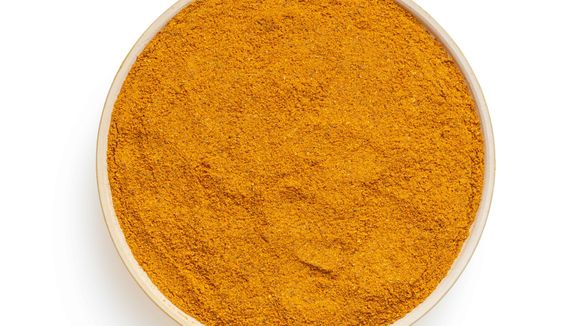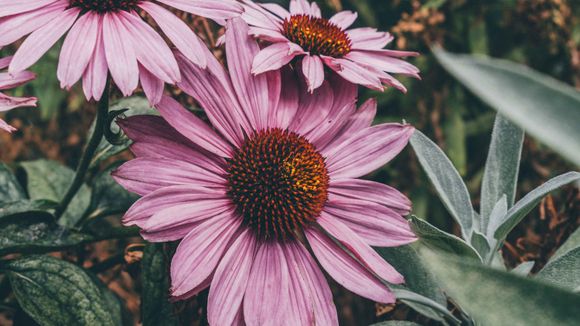Natural remedies for nasal polyps
In the first part of the theme we presented the action of chilli, sweat kettle, steam inhalation and tea tree oil as natural means of dealing with nasal polyps. Today we continue the selection with a few more useful means.
Chamomile
Chamomile (Matricaria) [ [ref. 1] is a beautiful flowering plant used for centuries to help the body with allergies and inflammations.
How to use chamomile in nasal polyps? Make a diluted aqueous solution of chamomile essential oil (3-5 drops of oil per 30 ml of water). With a clean cotton swab, smear the solution into the nasal passages. You can also add the essential oil to a steam inhalation solution or diffuser. Traditionally, you can also enjoy a cup of hot chamomile tea to warm the body.
Butterbur
[ref. 3] Petasites hybridus is a plant of the genus Petasites. [3] There have been many studies examining its benefits in sinus-related problems such as allergies, sinusitis, migraines, headaches and even asthma. [ref. 4] Each of them may be caused by or be the cause of polyps in the nose. Currently, the main therapeutic applications of this flowering plant are for the prophylactic treatment of migraines and as an antispasmodic agent in chronic cough or asthma. [ref. 5]
How to use chobank at home? Get a clean supplement or extract from the plant and follow the instructions on the label.
Turmeric

Curcuma is a curative and culinary spice known for its anti-inflammatory properties. [ref. 6] These properties can also help with inflammation and irritation of the respiratory tract. However, there is insufficient data on the effectiveness of problems such as nasal polyps.
How to use it in culinary? Add copious turmeric spice to the food. You can also prepare hot turmeric tea by mixing 1-2 teaspoons of spice into 1 cup of boiling water. Sweeten with raw honey or season with other herbs to make the taste more pleasant.
Eucalyptus
Oils from this Australian tree have antimicrobial, anti-inflammatory and decongestant properties collected in one, according to some studies. It is not uncommon to be allergic to eucalyptus , so be careful if you have other allergies. [Ref. 7]
Check that you are allergic by diluenting a drop of essential oil into 1 teaspoon of base oil. Then apply to the forearm and wait to see if you will develop a reaction within 24 hours. Look out for allergy symptoms when inhaling essential oil. Note that compounds from the plant and its oils are added to many decongestants without a prescription.
Regarding the use in nasal polyps: make a diluted aqueous solution of eucalyptus essential oil (3-5 drops of oil for every 30 ml of carrier oil). With a clean cotton swab, smear the solution into the nasal passages.
Mint
The mint herb (Mentha) is rich in 100 000 ththa, which has remarkable decongestant properties. It is they that can relieve the symptoms of polyps in the nose. [ [ref. 8]
A 2015 study showed that thantol dissolved in hot water and when steam inhaled can help with nasal congestion and treat common cold-like symptoms.
How to prepare a solution with mint? Make a diluted aqueous solution of essential oil of mint (3-5 drops of oil every 30 ml of water). With a clean cotton swab, smear the solution into the nasal passages.
Echinacea

Although echinacea is a classic remedy for a cold and an immunostimulant, its benefits can also be carried over to support the symptoms of polyps in the nose. [Ref. 9]
Studies have shown that echinacea can help reduce respiratory infections, prevent their recurrence and also soothe respiratory irritation.
We recommend the use of a pure supplement or extract of echinacea powder.









